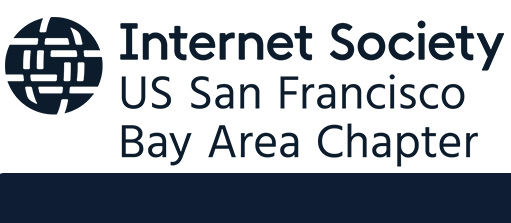As a teenager becoming tech savvy, my first perception of open sources was “free software or tools.” I did not understand the whole process behind it. Until I wanted to do more than use technology, I wanted to create solutions with tech, then I realized Open Source is for more than free tools, software or hardware; it was a great opportunity to learn, learn by building and create with innovation. The open source community is still not very popular but a great number of Nigerian IT professionals and developers know and have harnessed the opportunity and benefits that open source proffers.
In 2017 I led some young undergraduate students to run a Mozilla Campus club, which is an open source club. While the club had an active club captain we introduced tools like git, to enable contributing to open source projects and events like MOZSPRINT, HACKTOBERFEST and opportunities that can open students to learn by building and creating tech solutions with others.
Mozilla campus club(Open source club) ongoing
Club captain taking a training session (only students can captain the club)
Me taking a selfie with club members
I also began the STEMTeers community project that engages Secondary school schools with hands-on learning. Using Arduino to build smart devices is one of the activities we do. We treated details like programming the Arduino based on sensors, LEDs, electricity etc and example is a smart trash can detecting human presence. We also trained volunteers who volunteer with STEMTeers community project on how they can create Arduino projects and teach their children the same.
Student learning how to use Arduino to create smart devices during STEMTeers visit to a school
I have also used App Inventor, an open source software for the global technovation girls’ challenge since 2016 till date and I have trained teachers and volunteers to also use it.
Tutoring STEM Teachers at the WAAW foundation STEM teachers training in Abuja.
Also at my work place where I also have interns who I tutor, open source tools have become our choice platform tools, from web development to Educational software like Moodle, Koha library, Dspace for repository, Matrix-synapse and riot.im for emeetings, Linux servers etc. In my experience as a programmer/mentor and STEM advocate, open source proffers a lot of possibilities for learning but it is also truncated by lack of resources, infrastructure eg (internet and power) and also lack of mentorship.
As a programmer, time for mentoring is scarcely available, sometimes I go off work without pay to get some impact project done, but nonetheless these efforts have inspired a lot of young people, who make their parents purchase open source hack tools like Arduino and computers to aid their learning.
Challenges
- Infrastructure and sufficient STEM equipment for learners: many schools and families do not have computer devices or power supply to sustain what has been taught by community projects like STEMTeers. Students who are passionate, freely visit STEMTees office to learn more, but only few schools have functional laboratories to help students take what they have learnt further. The few students whose parents are able to provide these tools for their children are considered privileged.
- Many of the after school coding lessons are not integrated into traditional school curriculum, so sometimes we are seen as a distraction by some school administrators, even when we explain the relevance of what we are doing in today’s world.
Possibilities
- Create more opportunities for mentoring and collaboration among young people who are willing to learn by building with open source.
- With the challenge of Covid -19, where schools are closed and many children do not have any option, we hope to begin making our activities in video formats and in the local language to encourage parents to help their kids learn.
Some links to previous events
- https://m.facebook.com/story.php?story_fbid=506971206341673&id=438383409867120
- https://m.facebook.com/story.php?story_fbid=769202510118540&id=438383409867120
- https://m.facebook.com/story.php?story_fbid=1528604067209719&id=100001804211332
- https://m.facebook.com/story.php?story_fbid=1566395213388998&id=100000556047702
To volunteer to help Chioma’s STEMteers program, please connect with Chioma through LinkedIn.
 Internet Society – San Francisco Bay Area Chapter
Internet Society – San Francisco Bay Area Chapter Internet Society – San Francisco Bay Area Chapter
Internet Society – San Francisco Bay Area Chapter





